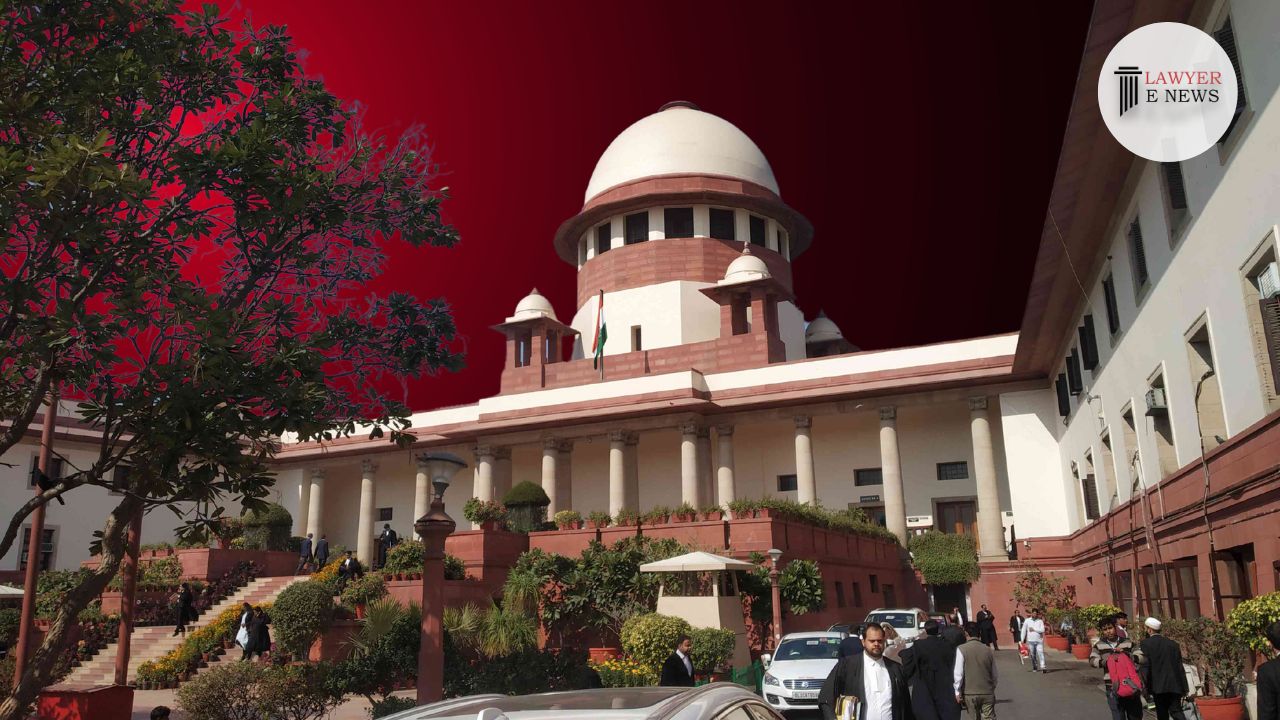-
by Admin
15 February 2026 2:36 AM



The case involves the murder of three people on March 15, 2006, in Village Khaira Kasar. The accused were charged with forming an unlawful assembly with the common goal of murdering Rambabu, Dileep, and Babbu. They were equipped with lethal weapons such as a country-made pistol, lance, javelin, battle-axe, axe, and sticks. In addition to killing three people, they injured two others. The appellant and three other co-accused were convicted of three counts of murder under IPC Section 302 and Section 149, and were sentenced to life imprisonment.
The appellant's counsel challenged the conviction by arguing that the identification of the accused was uncertain, and that there was no convincing evidence of the appellant's involvement in the crime. Additionally, the counsel argued that the appellant's sentence of imprisonment for life was unconstitutional under the Union of India v. V. Sriharan alias Murugan & Ors. decision, as the Sessions Court lacked the authority to order such a sentence.
The respondent's Additional Advocate General stated that the murder was particularly brutal, with the accused carrying lethal weapons to kill their victims. The High Court and Sessions Court both relied on the testimony of three prosecution witnesses, Shanti Bai, Sangeeta, and Guddi Bai, and therefore, no interference was required. Additionally, the High Court had the authority to modify the sentence to run for the duration of the appellant's life, and had exercised that authority. Finally, the trials of the five other accused had been separated, and their convictions and sentences were upheld by the Court in a separate order.
Supreme Court reviewed the judgments of both the Sessions Court and the High Court and found the evidence of the eyewitnesses to be reliable and trustworthy.
Court referred to previous cases and held that although the Sessions Court did not have the power to impose a sentence of life imprisonment, the High Court had the authority to do so. The Court also stated that the High Court could impose a modified or fixed-term sentence in cases where capital punishment was not imposed or proposed.
Court considered the gravity of the offense and the appellant's age at the time of the crime and at the time of conviction. After weighing all relevant factors, the Court held that a modified sentence of 30 years of rigorous imprisonment was appropriate.
Court modified the sentence, directing that the appellant undergo 30 years of rigorous imprisonment and be ineligible for statutory remission under the Code of Criminal Procedure. The appeal was partly allowed.
Shiv Mangal Ahirwar vs State of Madhya Pradesh
